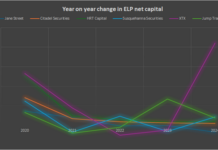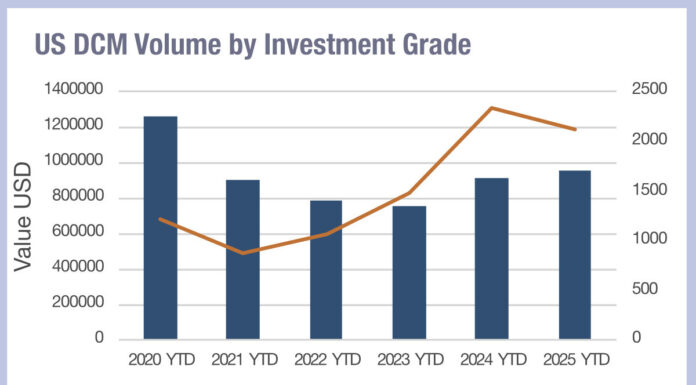In late January the Securities and Exchange Commission (SEC) proposed rules to bring more Alternative Trading Systems (ATS) that trade Treasuries and other government securities under its regulatory umbrella.
The proposal builds upon a 2020 proposal and public comments received in response to that proposal. It would extend Regulation ATS to include systems that offer the use of non-firm trading interest and provide protocols to bring together buyers and sellers for trading any type of security.
These Communication Protocol Systems would be required to either register as exchanges or register as broker-dealers and comply with Regulation ATS.
Previously, in 2018, the SEC’s Fixed Income Market Structure Advisory Committee (FIMSAC) had recommended that the SEC, sell-side industry body FINRA and the Municipal Securities Rulemaking Board (MSRB) form a joint working group to conduct a review of the regulatory framework for oversight of electronic trading platforms used in the corporate and municipal bond markets.
At its 5 October 2020 meeting, the FIMSAC recommended that the Commission consider defining “electronic trading” for consistent regulatory application and reporting purposes. Specifically, the FIMSAC recommended that the definition be clearly defined so that any new regulation or framework comprehensively includes the platforms and trading functionalities that the Commission intends to cover without reliance on the current alternative trading system definition.
The FIMSAC also recommended that the Commission consider factors such as single dealer versus multi-dealer executions and fully-electronic trades versus electronically processed trades when defining ‘electronic trading’, with industry standards established for electronic trade reporting that addresses the current inconsistencies relating to ATS functionality, single-counting versus double-counting, and the treatment of ‘give-up’ trades for settlement.
Many venues welcome this – Rick McVey, DEO of MarketAxess was chair of FIMSAC at the time – as regulation would in some senses set a level playing field of obligations for many parties that consider themselves competitors.
The current consultation is focussed on the extension of Reg ATS to Treasury trading platforms.

“In 2020, the Commission put out a request for comment on a proposal to enhance transparency and oversight over ATSs that trade government securities,” said Gary Gensler, SEC chair, speaking at the launch of the consultation. “Today’s proposal includes the core elements of the 2020 proposal, including registration of certain interdealer brokers (IDBs) in the Treasury markets. It would bring Treasury trading platforms with significant volume under Regulation Systems Compliance Integrity (SCI), a rule that protects for the resiliency of technology infrastructure. It also would require these platforms to comply with the Fair Access Rule, which provides for fair access to platforms and would prohibit platforms from making unfair denials or limitations of access. Beyond that, today’s amendments build upon the 2020 proposal and on feedback from the public.”
With ATSs becoming increasingly important to government securities trading, the proposal is intending to expand investor protections of Regulation ATS to those that trade government securities or repurchase (repo) and reverse repurchase agreements on government securities.
“Notably, the proposal would also force these platforms to comply with the Fair Access Rule – which prevents the exclusion of participants on the platform based on platform preferences,” wrote Colby Jenkins, senior analyst with Burton-Taylor International Consulting, on the Tabb Forum in January. “This is a particularly important turn of events for an interdealer treasury space that has, until now, been the nearly exclusive territory of high-frequency principal trading firms (PTFs) and highly regulated primary dealers trading in and out of On-the-run US treasury securities – principally via order book.”
Additionally, the proposal would expand Regulation SCI to government securities with a view to increasing investor protections and addressing technological vulnerabilities while improving the SEC’s oversight of the core technology of key entities in the markets for government securities.
©Markets Media Europe 2025













